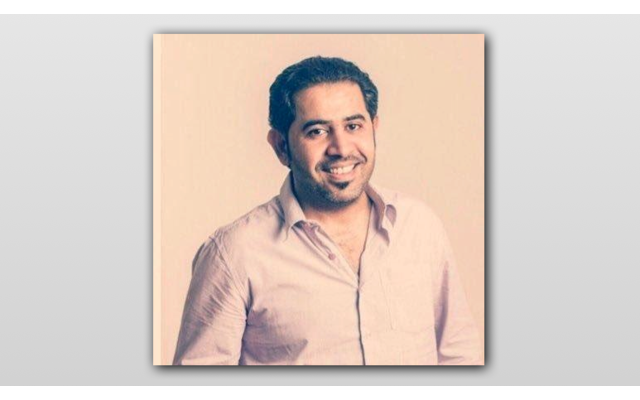Last week, Americans for Democracy & Human Rights in Bahrain (ADHRB) and 45 other NGOs submitted a letter to the Bahraini government calling for the immediate release of Faisal Hayyat. Hayyat is a renowned sports journalist who was detained and tortured by the government during the unrest of 2011. The Bahraini government rearrested him in October 2016 on charges of ‘Insulting a sect and a religious figure’ after he commented on twitter about important figures of Islamic history. Before his arrest, Hayyat had also released a post on his Facebook page addressed to the Minister of the Interior (MOI) detailing the torture he endured. In the letter Hayyat states, “I write this and I know it may cost me my freedom.” On 29 November, one day after the NGO letter was released, the Bahraini authorities sentenced Hayyat to three months in prison.
Hayyat’s arrest fits into a larger context of silencing dissent over the past year in Bahrain. Since he was released from detention in 2011, Hayyat has been vocal about the physical, psychological, and sexual abuse to which was subjected at the hands of Bahraini security forces. The timing of his arrest, a week after his Facebook letter, indicates that the government targeted him for uncovering the abuse he experienced while in prison. Though it has been five years since the events, the authorities responsible have never been held accountable for their misconduct. Hayyat’s persistence has challenged the government’s narrative, which has not been willing to recognize or compensate a majority of torture victims. Other activists facing recent reprisals for exposing human rights violations committed by government officials include Nabeel Rajab, Ebrahim Sharif, and Mohammed al-Tajer.
The sentencing of Faisal Hayyat represents a major violation of his religious and political freedom. The authorities of Bahrain must respect Article 19 of the International Covenant on Civil and Political Rights (ICCPR), which mandates that “everyone shall have the right to freedom of expression.” The Bahraini government must also respect Article 19 of the Universal Declaration of Human Rights (UDHR), which mandates that “everyone has the right to freedom of opinion and expression; this right includes freedom to hold opinions without interference and to seek, receive and impart information and ideas through any media and regardless of frontier.”
Graham Pough is an Advocacy Intern at ADHRB.





